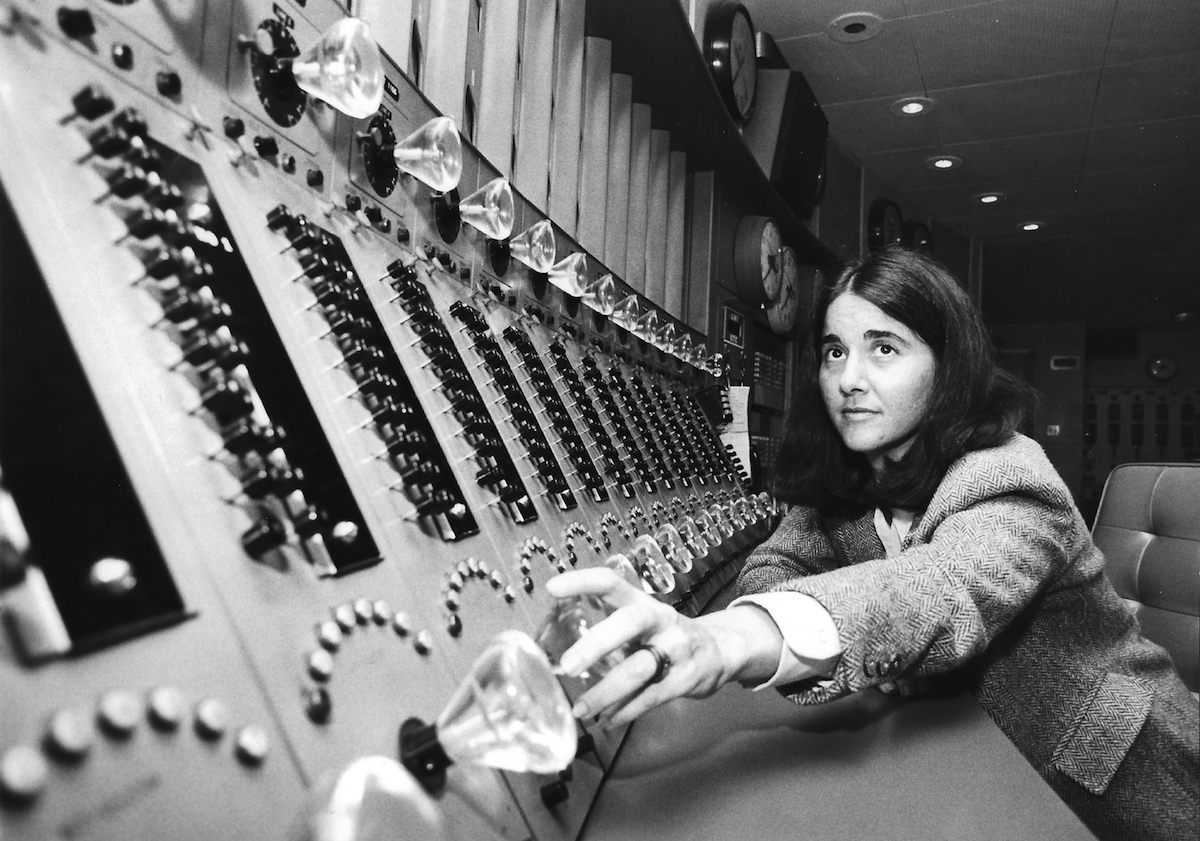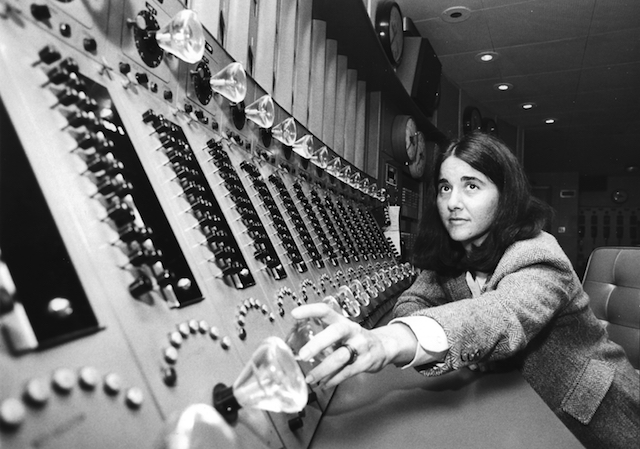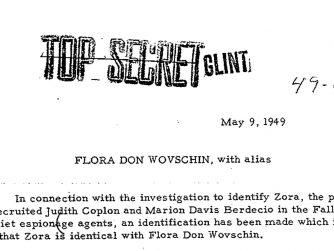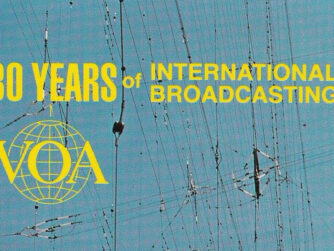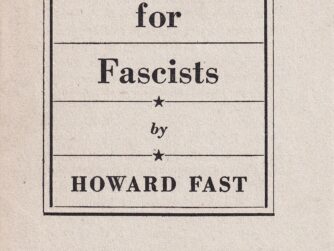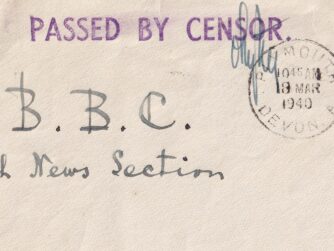VOA’s 15th director from March 1980 to January 1981 during President Jimmy Carter administration, Mary Bitterman presided over VOA in a period of turmoil in Afghanistan, Liberia, and Poland – which brought a resurgence of jamming against VOA and other international broadcasters.
Former VOA Polish Service director Ted Lipien described Mary Bitterman as exceptionally helpful in facilitating the expansion of radio broadcasts and news coverage during Solidarity-led workers strikes in Poland in August 1980.
She spoke to VOA as the U.S. media outlet celebrated its 70th Anniversary in February 2012.
InsideVOA YouTube Video Published on Apr 25, 2012
MARY BITTERMAN IN 2012: Back in [19]79, we had the Soviet invasion of Afghanistan. As a result of that there was great pressure … broadcasting in Persian, and also a push in Dari. So we began moving in that direction. We had a very difficult time with the rise of Sargent Doe and the assassination of many members of the Tolbert cabinet in Liberia. And outside on Monrovia we had 270 engineering staff taking care of all of the satellite transmissions. And we were able to deal with that very effectively and in a way which didn’t interrupt our service to the rest of the continent.
On August 20, 1980, we, and the BBC, and Deutsche Welle were simultaneously jammed because of what was happening in Gdansk, and Lech Walesa, and Solidarity movement. And I think that the Soviet Union was very disturbed to think that somebody in one of the satellite countries could rise up and cause such problems.
I think the Voice of America has such an important role to play, and that’s why I become concerned when there are reductions, or when we build up in one area and just reduce enormously in another.
If the Voice of America has a presence with the certain language to a certain country or cultural group, when we decide that we’re just going to stop that, I don’t think we’re always thinking about what the impact is on that community. Is that community to understand that we no longer as Americans have any interest in that community?
Mary G. F. Bitterman is currently President of The Bernard Osher Foundation, a philanthropic organization headquartered in San Francisco that supports higher education and the arts. Previously, Bitterman served as President and CEO of The James Irvine Foundation and before that as President and CEO of KQED, a major American public broadcasting center. She has served as Director of the Hawaii Public Broadcasting Authority, the Voice of America, the Hawaii State Department of Commerce and Consumer Affairs, and the East-West Center’s Institute of Culture and Communication. Mary Bitterman received her B.A. from Santa Clara University and her M.A. and Ph.D. in Modern European History from Bryn Mawr College.


